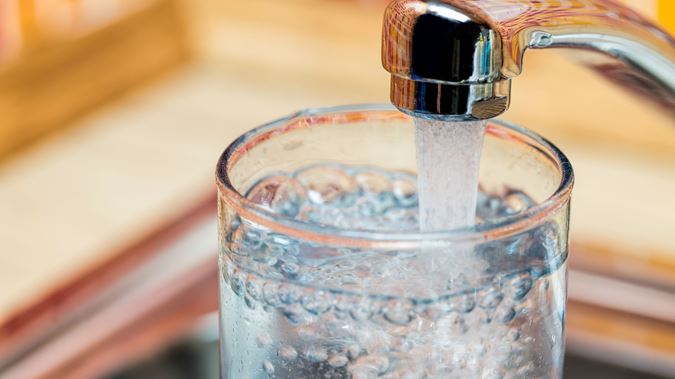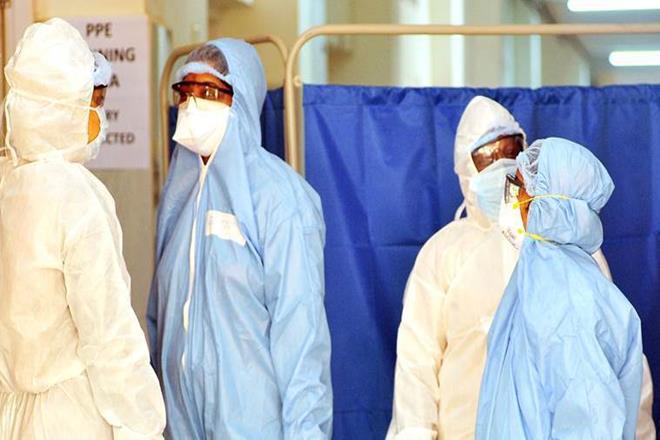It is a moment of both deep shame and grave concern that a basic amenity such as clean drinking water continues to be a distant dream for most Indians. Most metropolitan cities in India whether it is Kolkata, Chennai or Delhi have not been able to provide clean/consumable drinking tap water to their residents.
Therefore those who can afford it have certainly installed reverse osmosis(RO)water purifiers in their homes, schools and offices. But for the greater section of the population, untreated and unfit for drinking water continues to be the hard reality.
A recently concluded study conducted by the government made an interesting revelation when it found out that it was only Mumbai among all the state capitals that was providing consumable drinking tap water.
Samples were taken from seventeen state capitals from across the country to see to what extent they had been successful in providing clean/drinking water to their residents. The study had been conducted by the consumer affairs ministry. It was only the tap water of Mumbai that was found to comply with the Indian standards for drinking water. Water from state capitals such as Delhi, Kolkata and Chennai surprisingly failed not in one but ten out of eleven parameters tested by the Bureau of Indian Standards. It was only Mumbai which did well as far as the standards of drinkable piped water is concerned and it complied with all the eleven parameters.
Experts from the field have shown immense concerns over the disturbing revelation made in the report and suggest that the solution to this problem lies in making it mandatory for all states to comply with the standards for drinkable water and make it a priority for its residents. What is also surprising is the fact that at present it is not compulsory for the states to follow the mandatory standards that make sure that the quality of water is ensured but once it is made mandatory, it would be convenient to ensure corrective measures. Samples from the Indian capital showed that the water that was supplied through pipes was totally imperfect for direct consumption.
Cities like Bhubaneshwar, Ranchi, Raipur, Amravati and Shimla also performed poorly as far as the compliance with the mandatory water standards was concerned.
The next study is going to examine test samples from all the district headquarters of the country and it is hoped that the results of the report would come by August 15,2020.













